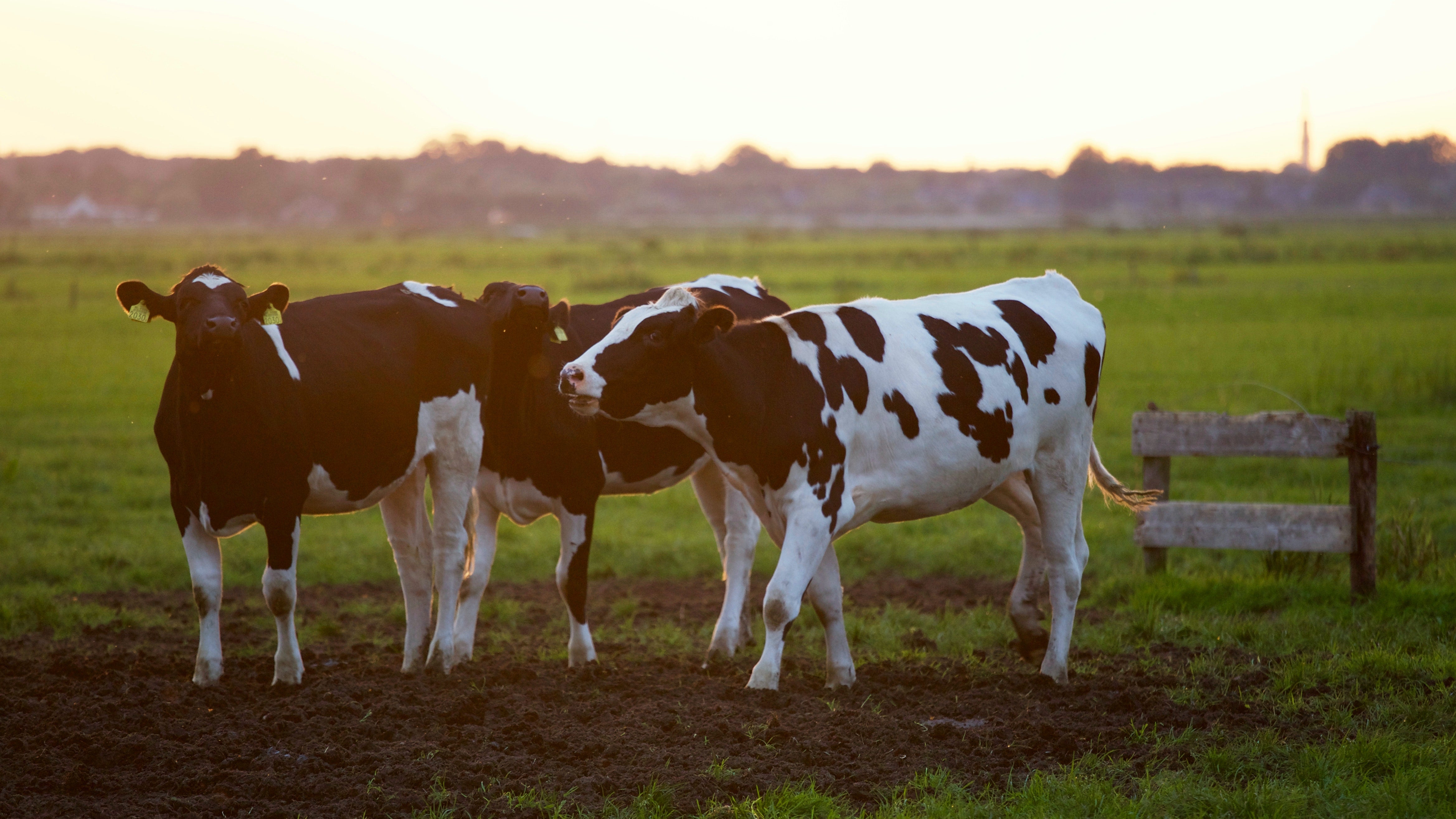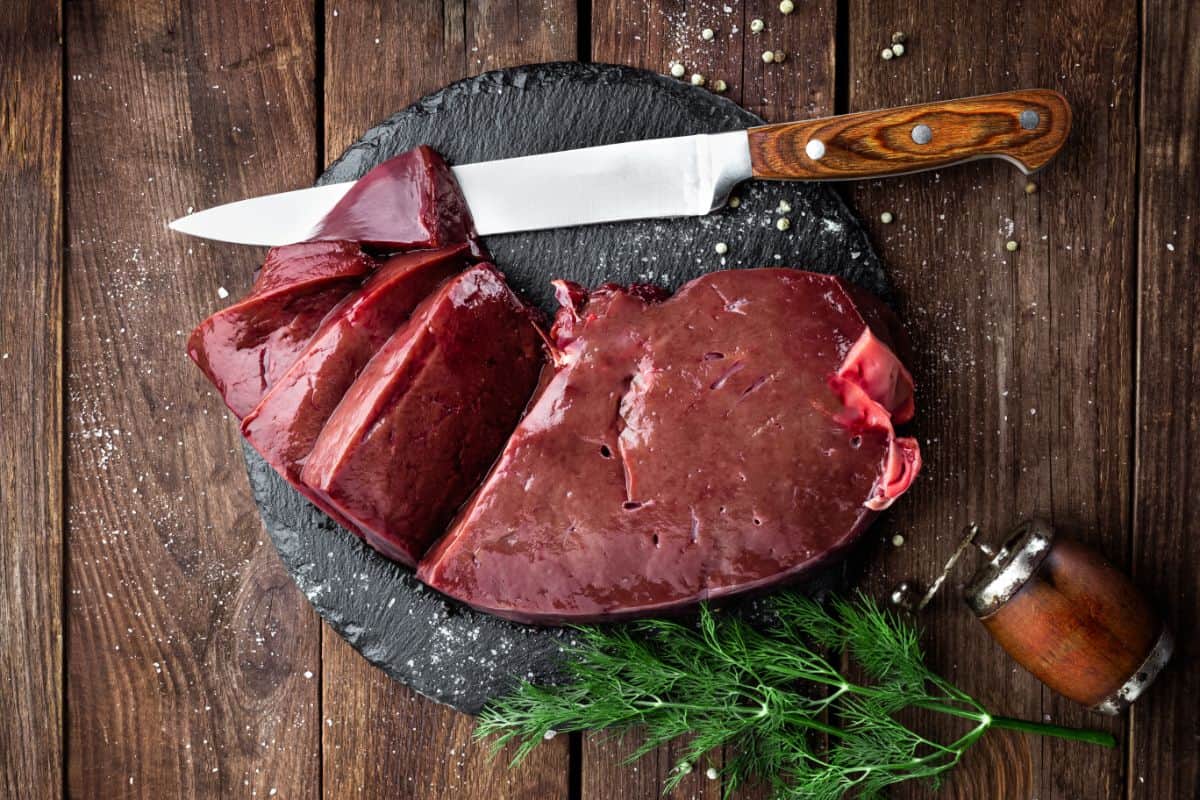It’s plastered all over the mainstream media. In every supermarket and ‘health shop’. And even recommended by doctors and so-called ‘nutritionists’...
Eat mostly plants. Limit red meat.
It boggles the mind.
Good equals bad. And bad equals good.
How Did We Get Here?
How did we get to the point where the approved narrative is shooting down the single most important food on earth, and steering us towards nutrient deficiency and health complications?
Without going down the rabbit hole, what many people are blissfully unaware of is the reality that the narrative we are fed through mainstream media and ‘science’ is heavily dictated by individuals and corporations with financial incentives.
A prime example of this is the vilification of dietary fat (which has since been debunked). In the 1960s, the sugar industry funded research that downplayed the dangers of sugar while pointing the finger towards fats (1). This has largely contributed to the consensus of fear people have around consuming healthy saturated fat sources like meat, dairy and eggs.
Today, there are entities that continue to exploit people's moral compasses for profit by curating studies and shaping the media to create a narrative that vilifies whatever threatens profits. These tend to push people towards ‘veganism’ or ‘plant-based’ diets. You can read an example here which illustrates Beyond Meat doing just this.
Listen, we have no quarrel with plants or vegans. We can all agree that the motivations behind why a person may choose to ‘limit’ meat consumption or go full vegan are respectable. The average plant-based advocate - just like us at NOBS - seeks optimal health, a sustainable future and denounces animal cruelty. And if you feel great on a plant-based diet, then more power to you.
Nevertheless, we’re going to tackle the inaccurate claim that meat is bad for your health.
Why Meat isn’t Bad for Your Health
Here’s what people need to understand. All the ‘evidence’ around meat consumption and things like heart disease, atherosclerosis, cancer etc. is based on epidemiology and therefore untested, weak hypotheses – which aren’t being treated like hypotheses at all.
Epidemiological studies are observational. Meaning they are correlational and cannot establish a causal relationship.
What these studies do is take large cohorts, and ask them to fill in a questionnaire regarding medical history, diet and lifestyle.
These are flawed for several reasons:
- They cannot verify the truthfulness or accuracy of responses
- They do not consider factors that may influence participants' health outcomes
- They do not account for ‘healthy user bias’ meaning that those who adopt vegetarian or vegan diets have made a conscious decision to alter their lifestyle. Meaning they are therefore more likely to engage in other health behaviours (e.g. yoga, meditation, exercise, and limiting junk food).
And if we want to go with epidemiology as the ‘gold standard’ (which it isn’t), then let’s take a look at some of the same studies in Asian populations…
Among Asian populations, several epidemiological studies have shown NO ASSOCIATION between total meat consumption and mortality (2).
In 2017, an article published by Business Insider noted that men and women in Hong Kong have the longest life expectancy (3).
What does this suggest? Aside from warning us against drawing conclusions using correlational studies, it demonstrates red meat can not possibly be responsible for the current trend of diseases that are ravaging the West. If this were the case, we should see a similar trend in Asian populations that, on average, eat far more meat than we do.
In addition, reviews of the literature here have pointed out that these associations are inconclusive. For example, reviews on red meat and cancer have concluded that the epidemiological data for meat and colorectal cancer are insufficient to prove a positive relationship, and that confounding factors (diet and lifestyle) have likely influenced results (4, 5).
Epidemiology certainly has its role in science. It is an effective starting point to identify potential patterns and put forward a hypothesis which can be tested.
And the gold standard of testing is through an interventional study. Whereby an ‘intervention’ is carried out on participants to determine the certainty of cause.
So, what do the interventional studies on red meat?
Well, there are no negative outcomes. Seriously – if you can find any, please send them over!
In fact, they show quite the opposite. Here’s a couple of examples…
- This study showed improved health markers and body composition in obese women who consumed a high-protein, low-carb diet.
- And this one showed there were ZERO benefits to reducing red meat intake on glucose and lipid metabolism, body-fat distribution, and liver fat content. Contradicting the notion that red meat increases the risk of type 2 diabetes.
In terms of nutrition, there is no comparison.
Animal-based foods (especially red meat and organs) contain a long list of critical micronutrients that contribute to our health and do not exist in plants:
- D3
- B12
- Vitamin A (Retinol)
- Creatine
- Carnitine
- Carnosine
- Heme iron
- Docosahexaenoic acid (DHA)
- Eicosapentaenoic Acid (EPA)
- Taurine
This is why we see various deficiencies, and dangerous health conditions in vegans - or even vegetarians who fail to execute the diet in a safe manner that leaves no nutritional gaps. Common issues that crop up as a result of nutritional deficits such as:
- Osteoporosis
- Anaemia
- Depression
- Weakness and Fatigue
- Muscle Wastage
- Hair loss
- Weakened immune system
Conclusion
We aren’t here to bash veganism and respect individual choices. There are vegans who do just fine in terms of their health, but this requires careful planning and supplementation.
But if you ask us, a diet that demands intense supplementation to cover your micronutrient needs suggests it is not natural, nor optimal. Especially when an abundance of these vital nutrients exists only in animal foods. And given that ‘data’ suggesting meat is unhealthy is based completely on flawed observational studies, we can’t conclude that they are to blame for negative health outcomes.
The fact that the mainstream does not want to account for these scientific facts, and will tell people to ‘go vegan’ or ‘cut down on meat’ and shove alarmist, sensational claims in everyone’s faces without any education or consideration of the science, screams bias, ignorance and motivations other than supporting health.
Sources
1 Kearns, C.E., Schmidt, L.A. and Glantz, S.A. (2016). Sugar Industry and Coronary Heart Disease Research. JAMA Internal Medicine, 176(11), p.1680. doi:10.1001/jamainternmed.2016.5394.
2 Lee, J.E., McLerran, D.F., Rolland, B., Chen, Y., Grant, E.J., Vedanthan, R., Inoue, M., Tsugane, S., Gao, Y.-T., Tsuji, I., Kakizaki, M., Ahsan, H., Ahn, Y.-O., Pan, W.-H., Ozasa, K., Yoo, K.-Y., Sasazuki, S., Yang, G., Watanabe, T. and Sugawara, Y. (2013). Meat intake and cause-specific mortality: a pooled analysis of Asian prospective cohort studies. The American Journal of Clinical Nutrition, [online] 98(4), pp.1032–1041. doi:10.3945/ajcn.113.062638.
3 Morning, C. (2017). Hong Kong now has the highest life expectancy in the world - Business Insider. [online] Business Insider. Available at: https://www.businessinsider.com/hong-kong-now-has-the-worlds-highest-life-expectancy-2017-7?r=US&IR=T.
4 Geiker, N.R.W., Bertram, H.C., Mejborn, H., Dragsted, L.O., Kristensen, L., Carrascal, J.R., Bügel, S. and Astrup, A. (2021). Meat and Human Health—Current Knowledge and Research Gaps. Foods, 10(7), p.1556. doi:10.3390/foods10071556.
5 Alexander, D.D., Weed, D.L., Cushing, C.A. and Lowe, K.A. (2011). Meta-analysis of prospective studies of red meat consumption and colorectal cancer. European Journal of Cancer Prevention, 20(4), pp.293–307. doi:10.1097/cej.0b013e328345f985.



